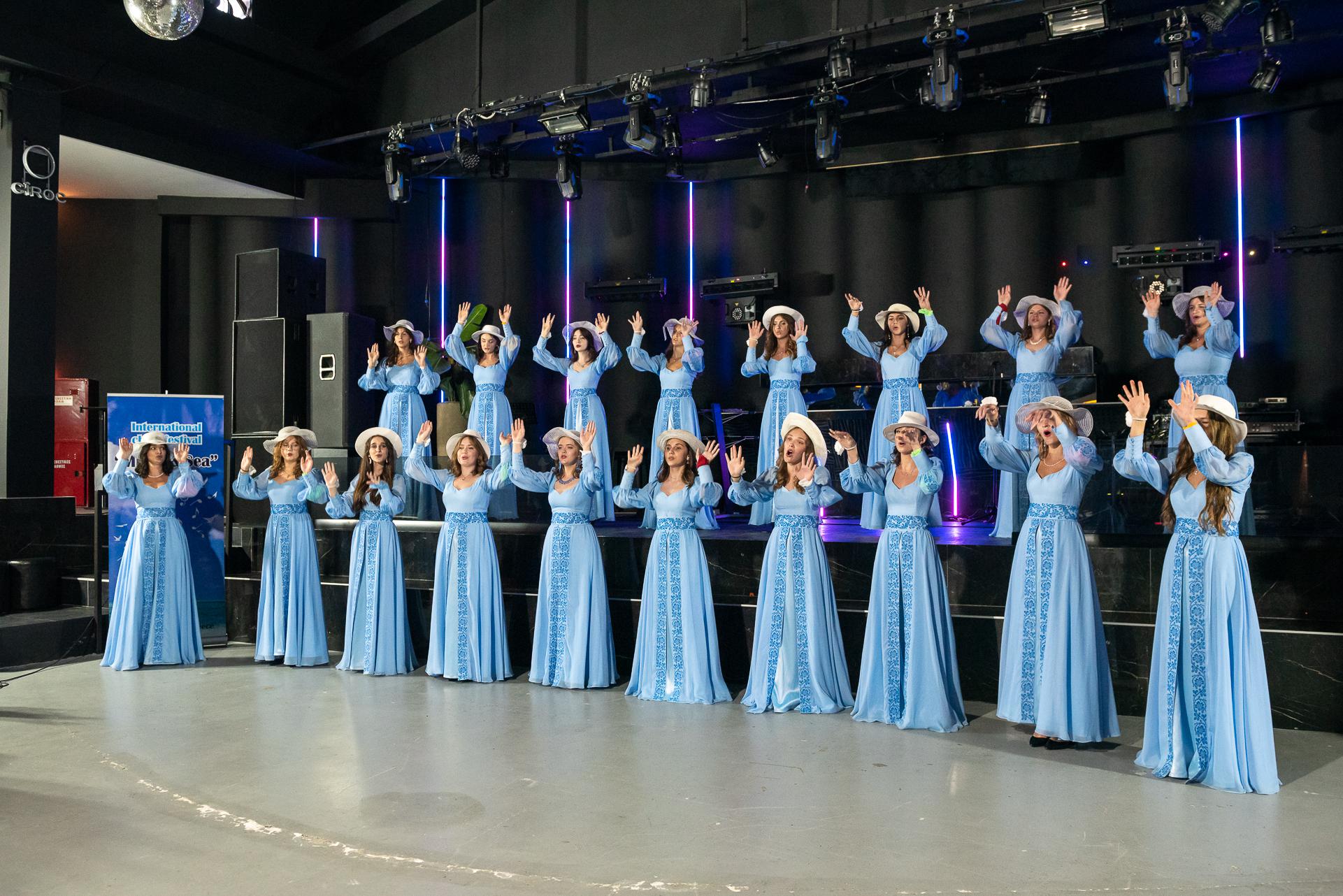Festivals
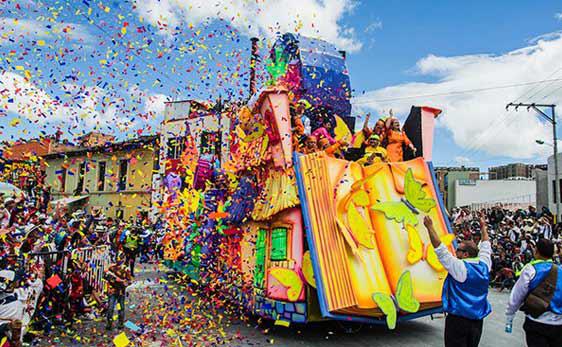
Festivals have long been significant in human culture and are found in virtually all cultures. The importance of festivals, to the present, is found in private and public; secular and religious life. Ancient Greek and Roman societies relied heavily upon festivals, both communal and administrative. Saturnalia was likely influential to Christmas and Carnival.
Celebration of social occasions, religion and nature were common. Specific festivals have century-long histories and festivals in general have developed over the last few centuries – some traditional festivals in Ghana, for example, predate European colonization of the 15th century.
Festivals prospered following the Second World War. Both established in 1947, Avignon Festival and the Edinburgh Festival Fringe have been notable in shaping the modern model of festivals.
Art festivals became more prominent by the turn of the 21st century. In modern times, festivals are commodified as a global tourist prospect although they are commonly public or not-for-profit.
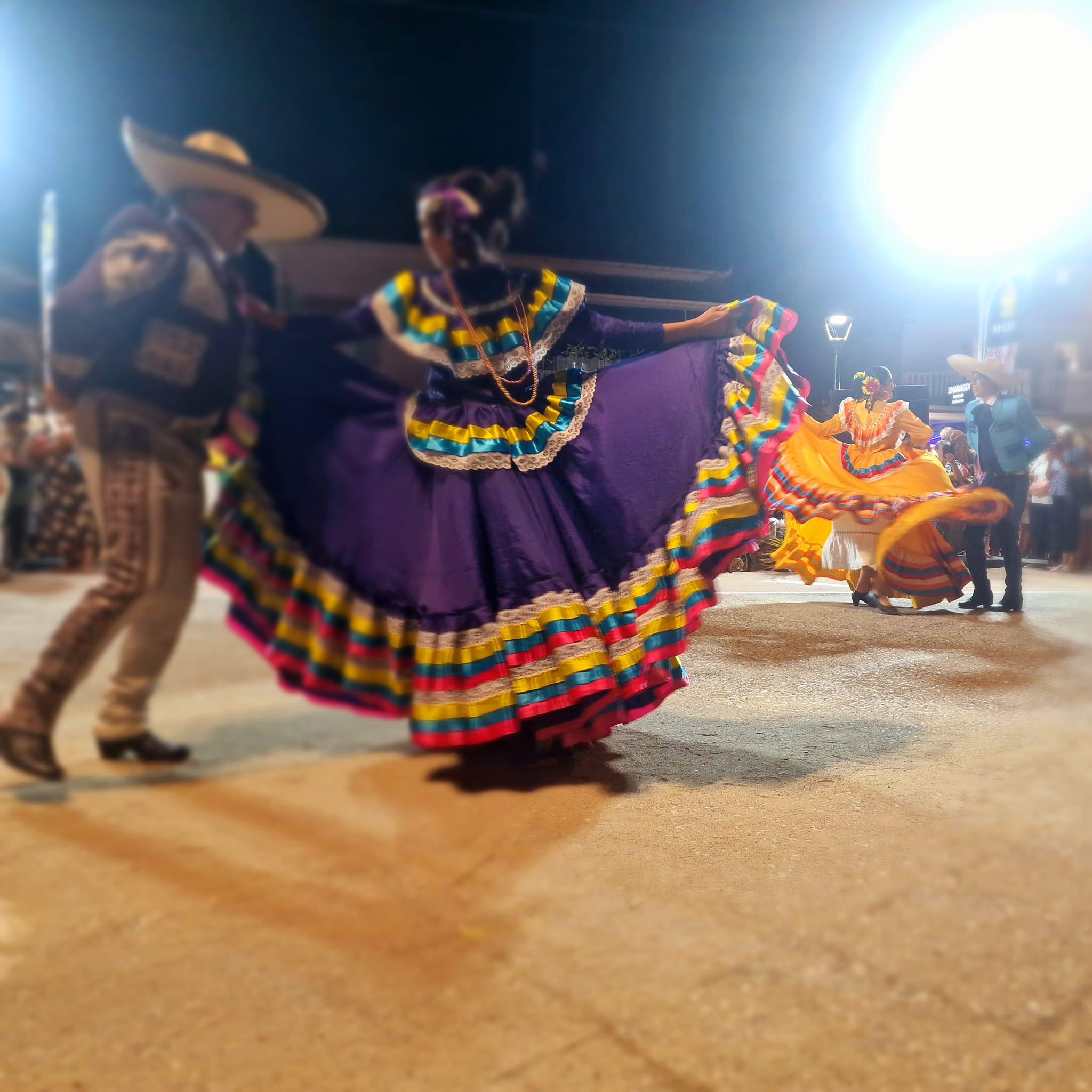

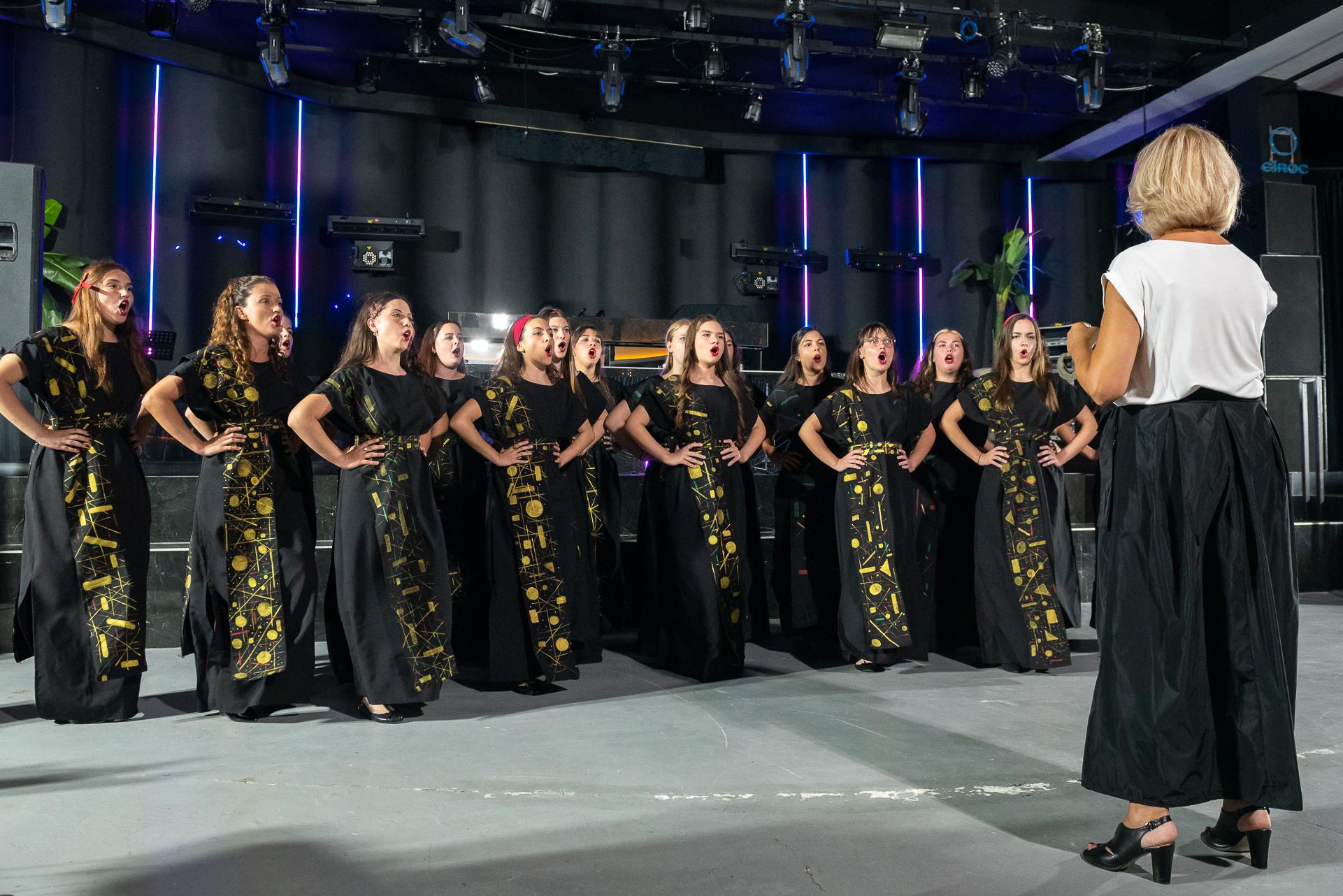
The Folklore Festival is a vibrant and culturally significant event that celebrates the rich traditions and customs of different communities around the world.

This annual festival brings together people from various backgrounds to showcase their folk dances, music, costumes, and crafts, providing a unique opportunity to immerse oneself in the diversity and beauty of human heritage.
A Showcase of Traditional Music and Dance
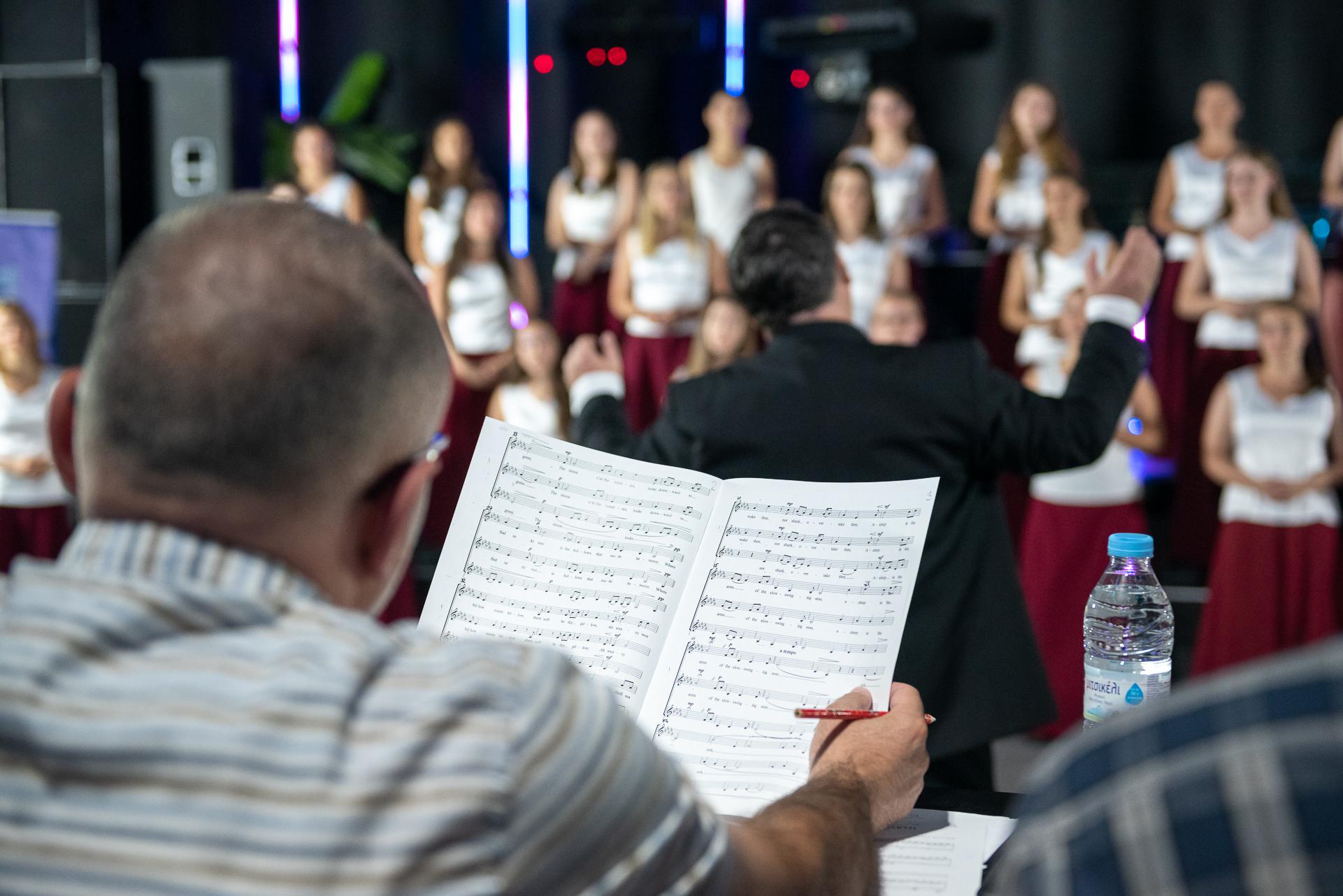 One of the main highlights of folklore festivals is the captivating music and dance performances. Attendees are treated to a mesmerizing display of traditional instruments, melodic tunes, and intricate dance moves that tell stories of ancient traditions and customs. The rhythmic beats and colorful costumes create an immersive experience that transports spectators into a world of cultural celebration.
One of the main highlights of folklore festivals is the captivating music and dance performances. Attendees are treated to a mesmerizing display of traditional instruments, melodic tunes, and intricate dance moves that tell stories of ancient traditions and customs. The rhythmic beats and colorful costumes create an immersive experience that transports spectators into a world of cultural celebration.
